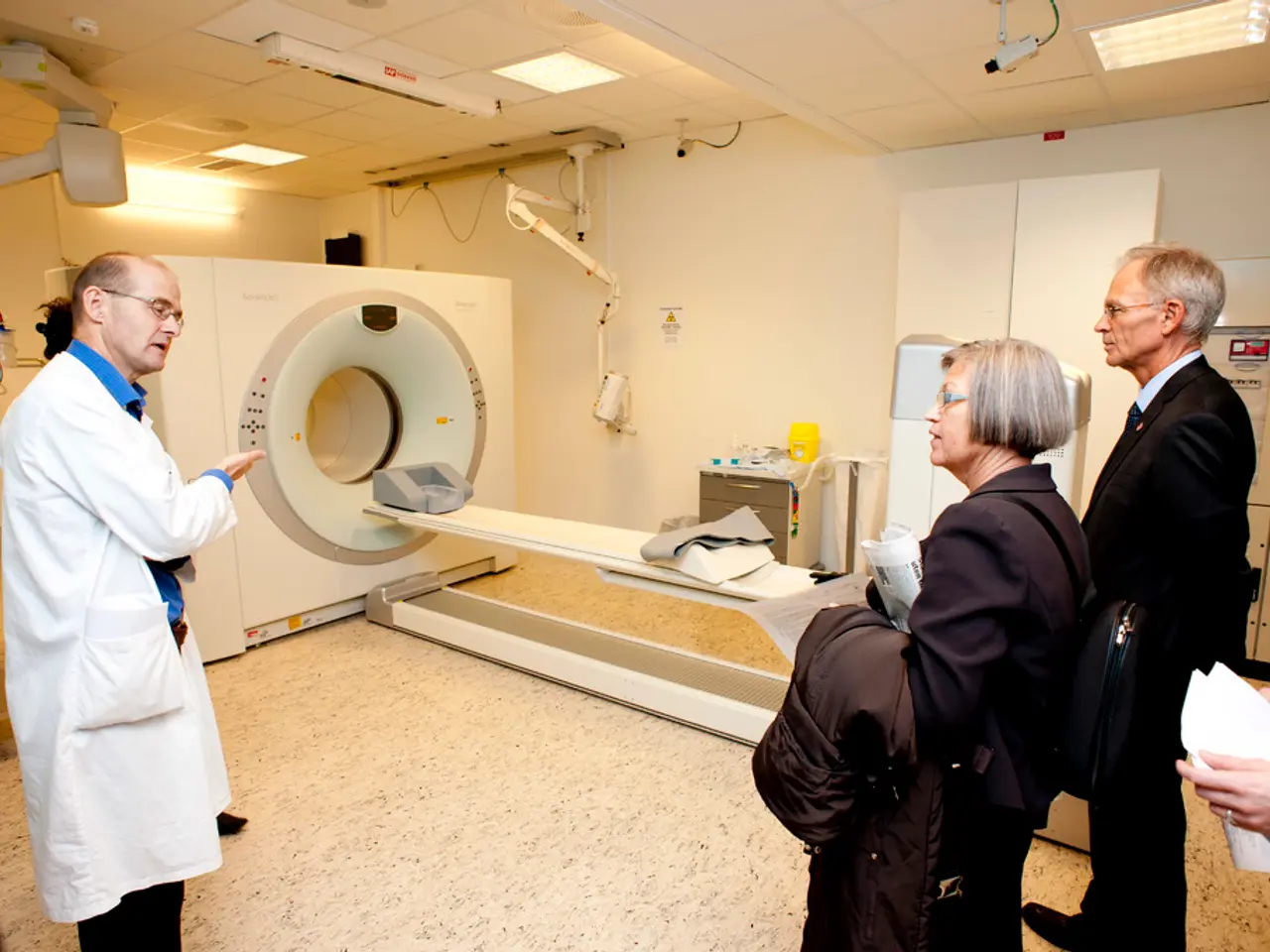Is ADHD Universal Among Individuals?
In recent years, there has been a growing awareness about Attention-Deficit/Hyperactivity Disorder (ADHD), a neurodevelopmental disorder that often begins in childhood and can persist into adulthood. This heightened understanding has led to better recognition of ADHD in groups that were previously overlooked, such as girls and high-achieving students. However, it is essential to approach the discussion of ADHD with a critical mindset, avoiding the misuse of the term and relying on self-diagnosis.
Self-screening tools for ADHD can be helpful first steps to explore symptoms, but they are not substitutes for a professional evaluation. These online or paper-based questionnaires, such as the Adult ADHD Self-Report Scale (ASRS), are designed to identify possible ADHD symptoms and can help determine if a comprehensive evaluation is warranted. However, self-diagnosis based on these tools is not a formal diagnosis, as they are not 100% accurate and can lead to false positives or negatives.
A formal ADHD assessment is comprehensive and involves multiple components over several appointments, including detailed clinical interviews, standardized rating scales, medical evaluations, and the gathering of background documentation. This process often requires 2-4 hours of clinical contact and thorough developmental history, which cannot be replaced by self-assessment alone.
Potential risks of self-diagnosis include misinterpretation of symptoms, over- or underestimating symptoms, delaying seeking professional help, emotional distress, and confusion from uncertain or incorrect conclusions about one's mental health. It is crucial to remember that ADHD is not just "being lazy" or "bad at concentrating," but a condition with biological and genetic underpinnings. Suggesting that "everyone is a little ADHD" can downplay the very real challenges faced by those with ADHD and is hurtful to people living with the condition.
Proper diagnosis of ADHD is essential because it guides appropriate treatment. ADHD is characterized by persistent patterns of inattention (difficulty focusing, disorganization, forgetfulness) and/or hyperactivity-impulsivity (fidgeting, restlessness, acting without thinking). Neurological research shows that ADHD is rooted in the brain, with people with ADHD having distinct differences in brain structure, development, and activity compared to those without ADHD.
Events like the COVID-19 pandemic have prompted many people to recognize and address their concentration problems, while social media platforms like TikTok and Instagram have amplified conversations about ADHD. These platforms have helped some people realize they might have ADHD and feel less alone. However, it is essential to approach claims about ADHD traits with critical thinking and consider the expertise of content creators making such claims.
Greater awareness paired with accurate information will benefit everyone, ensuring that ADHD is recognized when it's truly there – and not assumed in cases when it's not. Proper diagnosis is not accessible to everyone due to cost and long waiting lists, but understanding the difference between everyday attention lapses and ADHD symptoms prevents misunderstandings and ensures that those who truly need help for ADHD get the support they require. Using the term "ADHD" as a joke or casual label can be disrespectful to those who live with its challenges, so let us continue to foster a supportive and informed community around this important issue.
- Relationships between individuals should include open discussions about mental health, such as Attention-Deficit/Hyperactivity Disorder (ADHD), to promote understanding and empathy.
- Learning more about ADHD and its symptoms is crucial for early detection, as this neurological disorder often begins in childhood and can persist into adulthood.
- Cognitive processes, including attention, executive function, and impulse control, are significantly affected in individuals with ADHD, necessitating treatment.
- Misdiagnosis and self-diagnosis can lead to incorrect treatments, causing further psychological distress in those dealing with ADHD or other disorders.
- Personality traits, such as excessive confidence, can make some people less likely to seek professional help for potential ADHD symptoms, leading to delayed treatment and unexplained behavior.
- Proper diagnosis, through comprehensive evaluations, is crucial for accurate identification of ADHD and establishing a proper treatment plan.
- Research in psychology and neuroscience continues to shed light on the causes of ADHD, including genetic and environmental factors, aiming to improve understanding and treatment methods.
- Parenting styles play a role in managing children with ADHD, with the ongoing support and guidance helping them cope with the challenges of the disorder.
- Stress, anxiety, and depression often co-occur with ADHD, making it essential for healthcare providers to consider the holistic mental health of their patients.
- The development of the brain, particularly during adolescence, is influenced by ADHD, with long-term implications for adulthood, including mental health and well-being.
- Society's perception of ADHD and mental health disorders should focus on understanding rather than stigma, fostering an environment where individuals can seek help without fear of judgement.
- Mental health therapy, combined with medication and lifestyle modifications, is an effective treatment approach for managing ADHD symptoms and improving overall quality of life.




